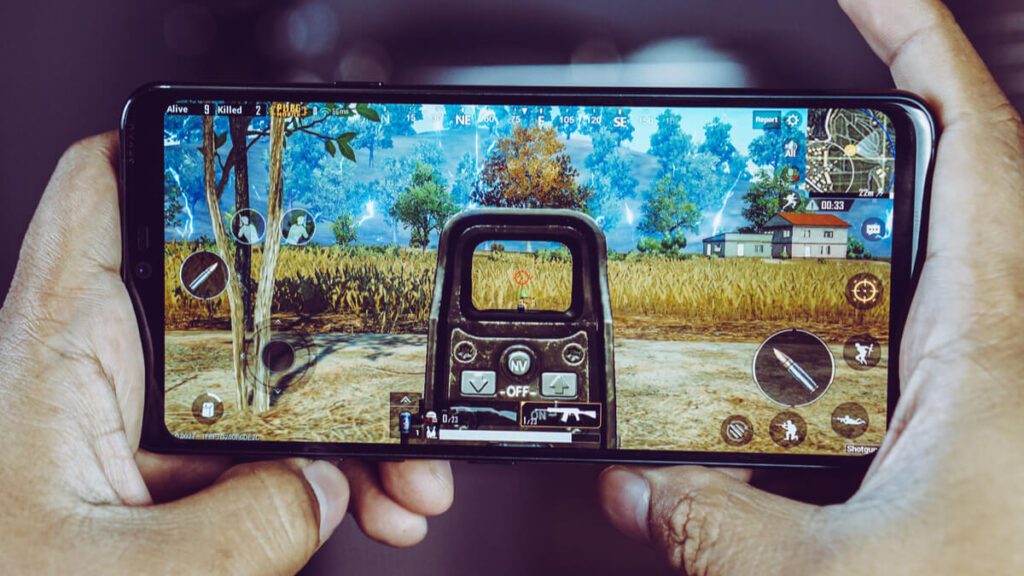
South Korean developer of Player Unknown’s Battlegrounds’ (PUBG), Krafton, initial public offering recorded a 20 percent drop on Tuesday following a crackdown due to a state-led media attack on the gaming industry.
This is considered the biggest initial decline of a South Korean IPO after LG Philips LCD collapse in the same market 17 years ago. Krafton’s loss came after it reduced its IPO target by more than 10 percent last month following regulatory demands for a fair valuation.
The games developer closed its offering on Tuesday at Korea Exchange Stock Market (KRX) with a descent of 8 percent, Bloomberg reported.
Krafton’s closing price put its valuation around $19.3 billion.
The Korean company, backed by Chinese Tencent Holding, is said to face this fate due to Chinese regulators’ pressure on the industry in hopes to tackle users’ gaming addiction.
This has been an ongoing concern of the Chinese government for years. Earlier this year during the National People’s Congress, President Xi Jinping mentioned that gaming addiction could be taken into consideration in terms of psychological health, especially on the country’s youth.
Tencent exclusively published PUBG in China under the name Peacekeeper Elite, while also running the mobile version of the game in other regions under the name PUBG Mobile.
Earlier this month, Chinese state-owned media described in an investigative newspaper report online gaming as “spiritual opium” before subsequently removing the report.

However, on Tuesday the same report was republished again on the newspaper’s website with the phrase “spiritual opium” removed from both the headline and body.
“The report is certainly not a representation of the [central government’s] official stance,” said source who asked to remain anonymous to South China Morning Post.
Despite that, no official statement was released by Chinese regulators, even though Tencent announced on Tuesday new restrictions to reduce minors online gaming time.
The constraints include limitation on gaming time ranging each day from one hour and a half to one hour, and from three hours to two hours on holidays.
Additionally, the company will prohibit anyone under the age of 12 from in-game spending and clamp down on minors playing on adult accounts.
Those restrictions alarmed investors as they considered it as an indication that the video gaming market could be Beijing’s next target in the ongoing crackdown on China’s Big Tech sector.
“Now you have an extremely expensive stock running into bad news that China may crack down on gaming,” Mio Kato, founder of Tokyo-based LightStream Research informed the media.
LightStream Research provides industries with vast research and AI insights.
Kato indicated that Krafton faces significant risks since the company largely relies on Tencent, which runs the world’s largest video gaming business by revenue and multipurpose super app WeChat.
The Korean firm said that the single game accounted for 96.7 percent of the company’s sales in the first quarter of 2021.
Krafton announced that 68.1 percent of its revenue in 2020 as generated by a single publisher. While the company did not name that publisher, gaming industry analysts have identified it as Tencent.